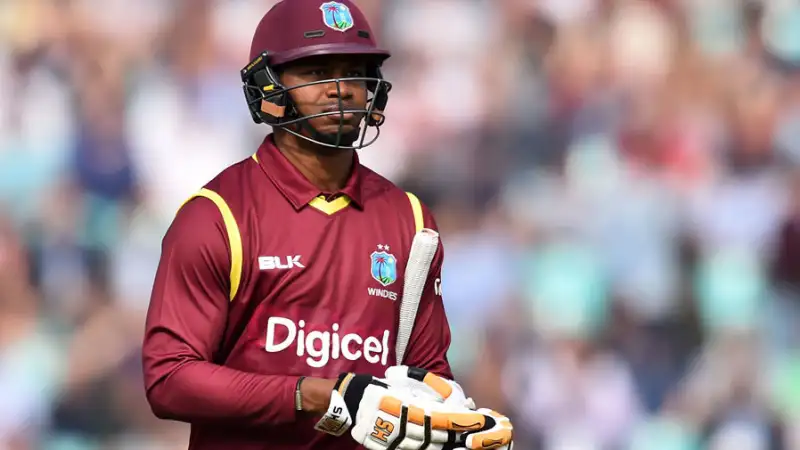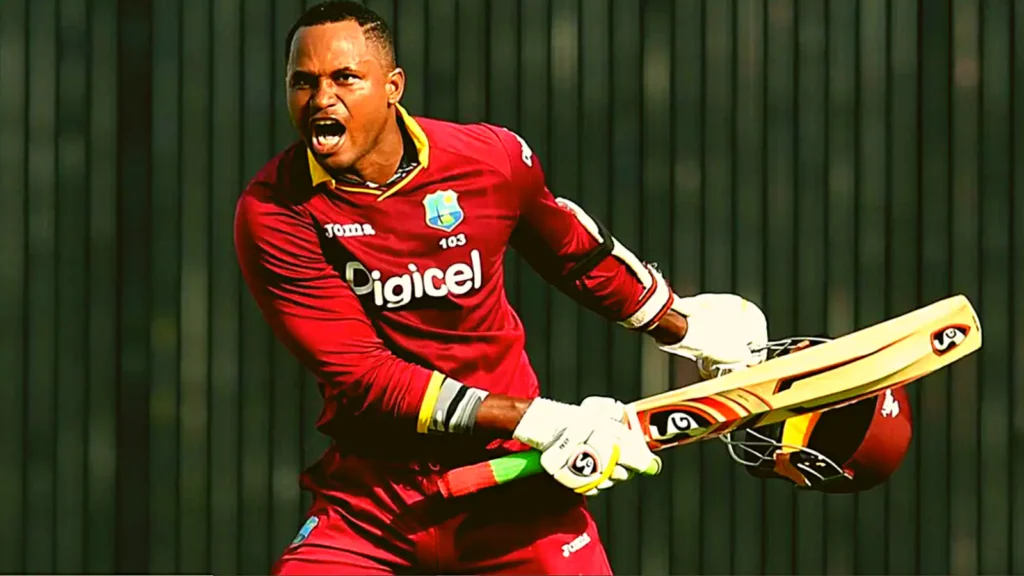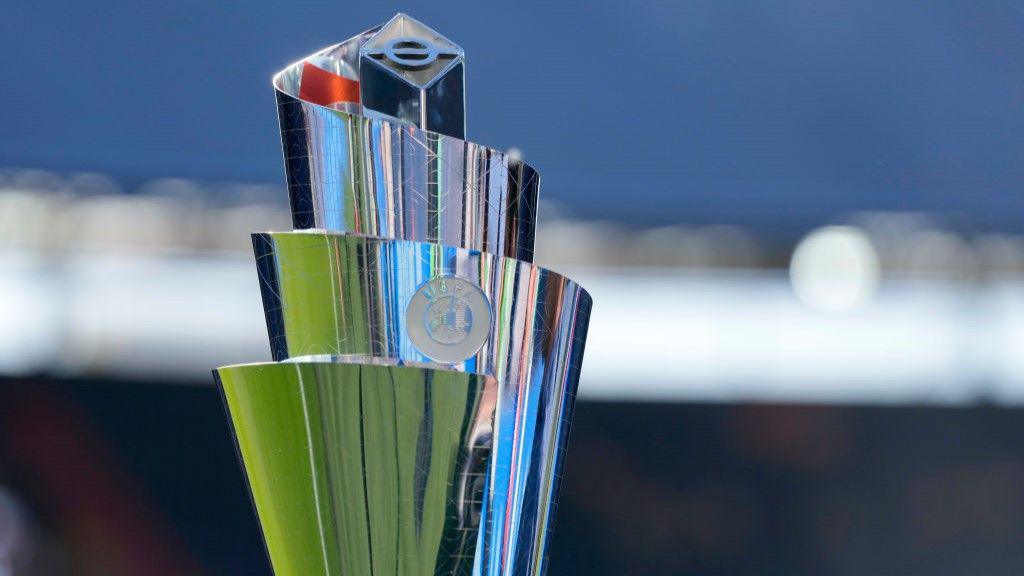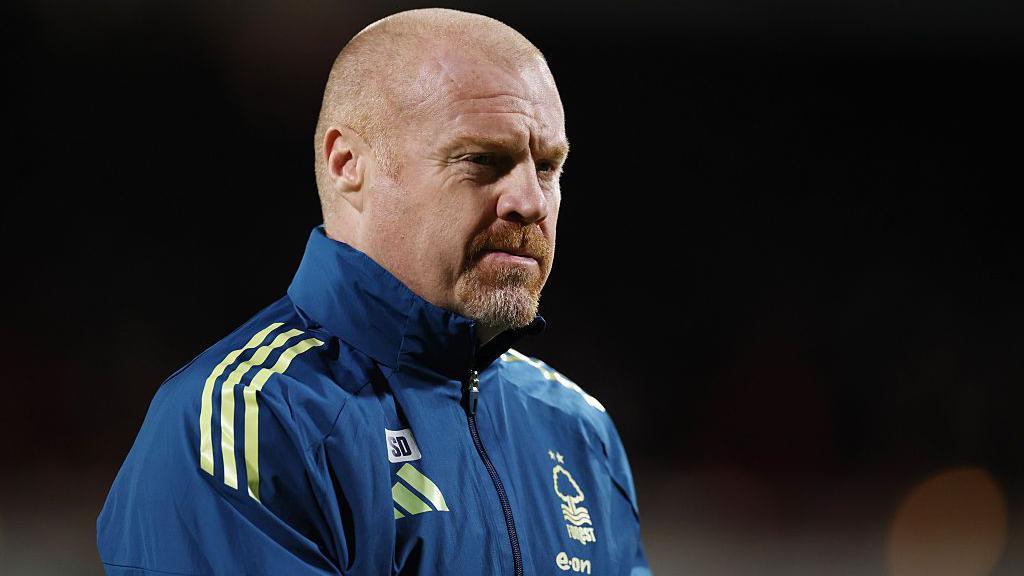
Marlon Samuels, previously hailed as a star in West Indies cricket, has experienced a significant setback that has resonated throughout the cricketing community. The ICC imposed a stringent six-year suspension on Samuels, marking a substantial halt to his participation in cricket. This outcome is the culmination of various incidents spanning several years, illustrating the journey of a skilled cricketer whose career has been marred by a series of contentious episodes.
The Unfolding of the Ban
Samuels’ ban was a result of his actions during the Abu Dhabi T10 league in 2019. Although Samuels did not participate in the tournament, his engagement in actions considered corrupt by the ICC resulted in this severe sanction. Following an extensive investigation, an independent panel determined that he was culpable on several charges, all breaching the ICC’s Anti-Corruption Code.
Detailed Analysis of the Charges
The charges against Samuels were not just severe but also multifaceted, involving various aspects of misconduct:
- Article 2.4.2: Failure to disclose gifts or benefits potentially harmful to the sport’s integrity.
- Article 2.4.3: Not reporting hospitality received over US $750.
- Article 2.4.6: Non-cooperation with the Anti-Corruption Official’s investigation.
- Article 2.4.7: Obstructing or delaying the investigation by concealing information.
These violations, unanimously decided upon by the tribunal, reflected a disregard for the rules and regulations set to uphold the integrity of cricket.
Samuels’ Cricketing Journey
Marlon Samuels’ cricket journey was nothing short of remarkable, filled with notable achievements:
- International Debut: Samuels made his international debut in the late 1990s, showing early signs of his potential.
- Key Performances: His role in the West Indies’ T20 World Cup triumphs in 2012 and 2016, particularly his crucial innings in the finals, highlighted his talent and ability to perform under pressure.
- Career Statistics: Accumulating over 11,000 international runs across formats, Samuels etched his name as a significant contributor to West Indies cricket.

Controversies Surrounding Samuels
However, his career was not without its share of controversies. Before the 2023 ban, Samuels faced a two-year suspension in 2008 for accepting benefits that could bring him or the sport into disrepute. This pattern of behavior, repeating over a decade later, suggests a deeper issue at play, beyond mere lapses in judgment.
The Context of the Ban
The ban’s implications extend beyond just Samuels’ career. It reflects the ICC’s stringent approach towards maintaining cricket’s integrity. Alex Marshall, head of the ICC’s HR and Integrity Unit, emphasized that regardless of a player’s status or experience, the rules of the game apply universally.
Impact on West Indies Cricket
Samuels’ ban also had a broader impact on West Indies cricket. Known for producing flamboyant and immensely talented cricketers, the West Indies team has had its share of ups and downs. Samuels’ situation serves as a reminder for upcoming cricketers about the importance of adhering to the game’s ethical standards.
The Role of Anti-Corruption Measures in Cricket
This incident sheds light on the need for robust anti-corruption measures in cricket. The ICC has been actively working to combat corruption, but cases like Samuels’ show that challenges still exist. Continuous education and stringent monitoring are crucial to prevent such incidents.
Global Reaction and Perception
The cricketing community globally reacted with a mix of disappointment and acknowledgment to Samuels’ ban. While some expressed sadness at seeing a talented player’s career end in controversy, others appreciated the ICC’s unwavering commitment to upholding cricket’s integrity.
Samuels’ Legacy
Marlon Samuels, with his undeniable talent and flawed journey, leaves behind a mixed legacy. On one hand, his on-field heroics and resilience will be remembered, on the other, his career serves as a cautionary tale about the consequences of disregarding the ethical aspects of the sport.
Conclusion
Marlon Samuels’ six-year ban is not just about an individual player’s fall from grace, it’s a critical moment in cricket’s ongoing battle against corruption. His story is a complex tapestry of remarkable talent, significant achievements, and repeated controversies. As the cricket world moves forward, it’s essential to reflect on the lessons learned from such incidents to ensure the sport’s integrity and future remain secure.





















